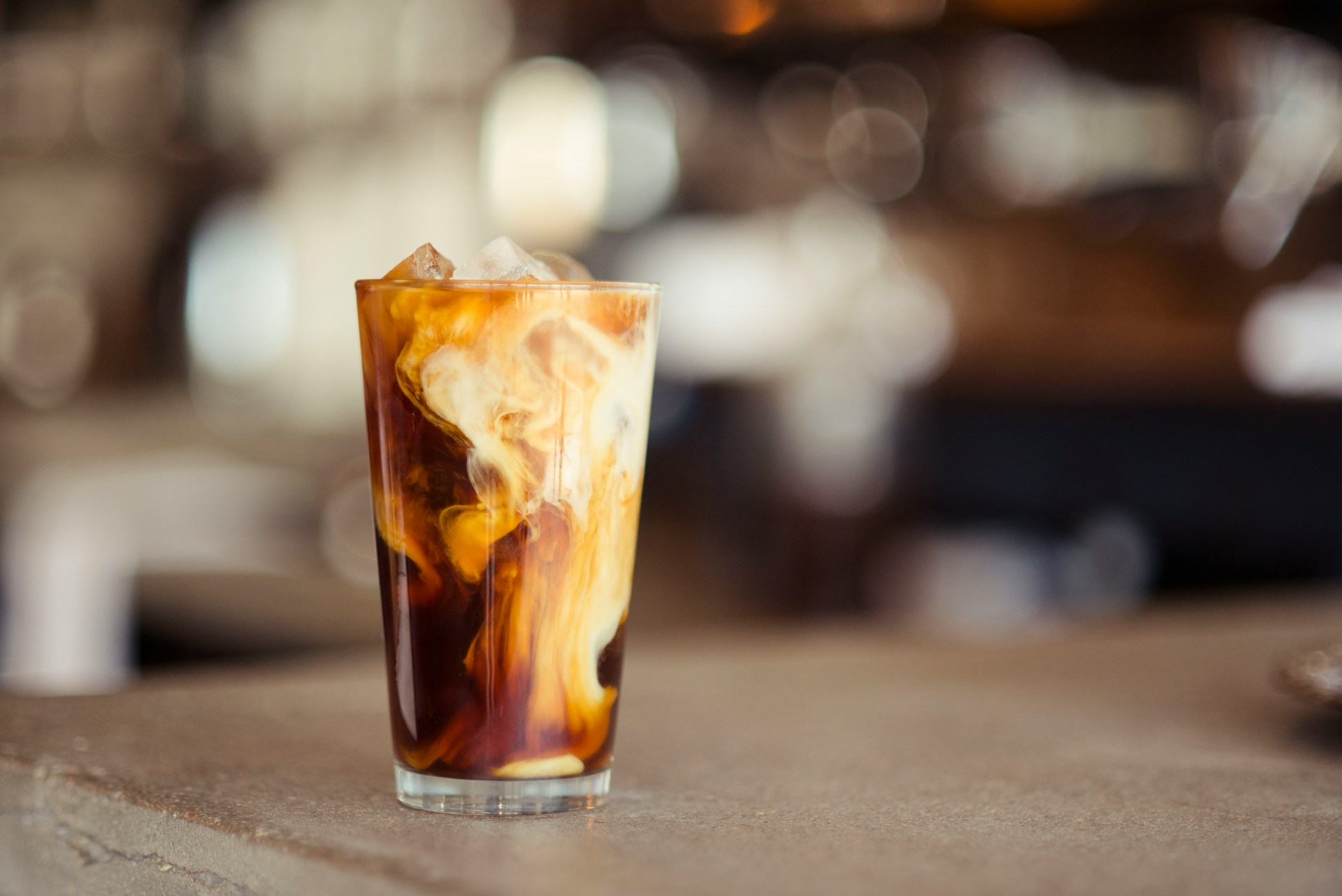Ever wondered why your newfound love for cold brew coffee charges you remarkably more than a regular cup? Because they have a different style of coffee preparation that does indeed pack a more powerful caffeine punch. But why is that? Is the cold brew technique some secret caffeine? Allow us to uncover the truth, simplify the science, and put a lid on this brewing coffee mystery about Does Cold Brew have more Caffeine than Regular Coffee.
“With every satisfying sip of cold brew coffee, you’re actually absorbing more caffeine than you would from your regular hot coffee.”
At the end of this article, you’ll not only know why cold brew outdoes regular coffee in stimulating your senses but also why it might be the go-to option for you if you’re in pursuit of a stronger caffeine hit. Read on as we delve deeper into the world of coffee, discussing everything from the brewing process to the factors impacting caffeine content.
Table of Contents
Does Cold Brew Coffee Really Have More Caffeine?
Definitely, yes! Now, you might be wondering, “Just how much more caffeine is there in my cold brew?” Well, that varies. Cold brew coffee edges ahead of regular coffee due to the brewing process and coffee-to-water ratio employed. The unique, time-consuming steeping method enables more extraction of caffeine, adding an extra punch to your cold brew beverage.
Normally, cold brew coffee has around 1.5 times more caffeine than a conventional hot brew. However, the actual difference could range anywhere between 1.2 to 1.7 times.
This depends largely on your brewing technique, blend, and personal preferences. Therefore, if you’re seeking a higher caffeine kick from your daily cup of coffee, it seems cold brew coffee could be your ideal option.
But remember, while that added caffeine might be great for an energy boost, it’s important to consume responsibly. High levels of caffeine can cause restlessness, insomnia, and rapid heartbeat, especially in people sensitive to its effects. So relish your cold brew in moderation and enjoy the pronounced flavors it brings with its heightened caffeine content.
Caffeine Content in Cold Brew vs Regular Coffee
Confronted with similar servings, cold brew coffee actually takes the lead in terms of caffeine content when compared to traditional, hot-brewed coffee. Curiously, the secret sauce behind this isn’t found in the type of coffee beans used, rather, it lies in the brewing process itself.
For those who are new to the world of cold brew, the technique involves steeping coarse-ground coffee beans in cold water for an extended period—typically from 12 to 24 hours. This slower, more time-consuming method extracts a greater quantity of caffeine, sugars, and oils from the coffee beans—which accounts for cold brew’s distinctively sweet, smooth, and highly caffeinated quality.
| Type of Coffee | Average Caffeine Content per 8oz Serving |
|---|---|
| Regular Coffee (Brewed) | 80-100mg |
| Cold Brew Coffee | 100-200mg |
The numbers don’t lie either. On average, cold brew holds about 100-200 mg of caffeine per 8 fluid ounces, while a similar serving size of regular hot coffee has between 80-100 mg.
While it might not seem like a significant difference, regular consumption could certainly tip the caffeination scales.
Keep in mind, however, that caffeine content can still vary based on factors such as the type of coffee bean, steeping time, and dilution with water or milk. As with everything, enjoying cold brew coffee in moderation is key for reaping its refreshing benefits without over-caffeinating.
Read: How Much Caffeine Content is in Cold Brew Coffee?
Why Cold Brew is Stronger Than Regular Coffee
This all boils down to the brewing process.
Cold brew is made by steeping coarsely ground coffee beans in cool water for an extended period of time, typically 12 to 24 hours. This prolonged extraction time makes cold brew exceptionally potent. This is because the cold water is able to dissolve more caffeine from the coffee grounds over this lengthened timeframe, thereby creating a brew chock full of the energy-boosting compound we crave.
On the other hand, regular coffee is brewed using hot water for a much shorter duration, typically 5 minutes or so. The hot water does efficiently dissolve the caffeine, but due to the significantly reduced brewing time when compared to cold brew, less caffeine is extracted overall.
To put it simply, the caffeine content in cold brew comes from the unhurried and gentle steeping process. This not only ensures a smooth, less acidic, and naturally sweet-tasting brew but also a drink with a more substantial caffeine kick.
Keep in mind though, that while cold brew contains more caffeine, each person’s tolerance to caffeine differs widely.
For some, a regular cup of coffee might just be enough, while for others, the burst of energy from a cup of cold brew may be exactly what’s needed. Enjoy responsibly!

Leave a Reply Cancel reply